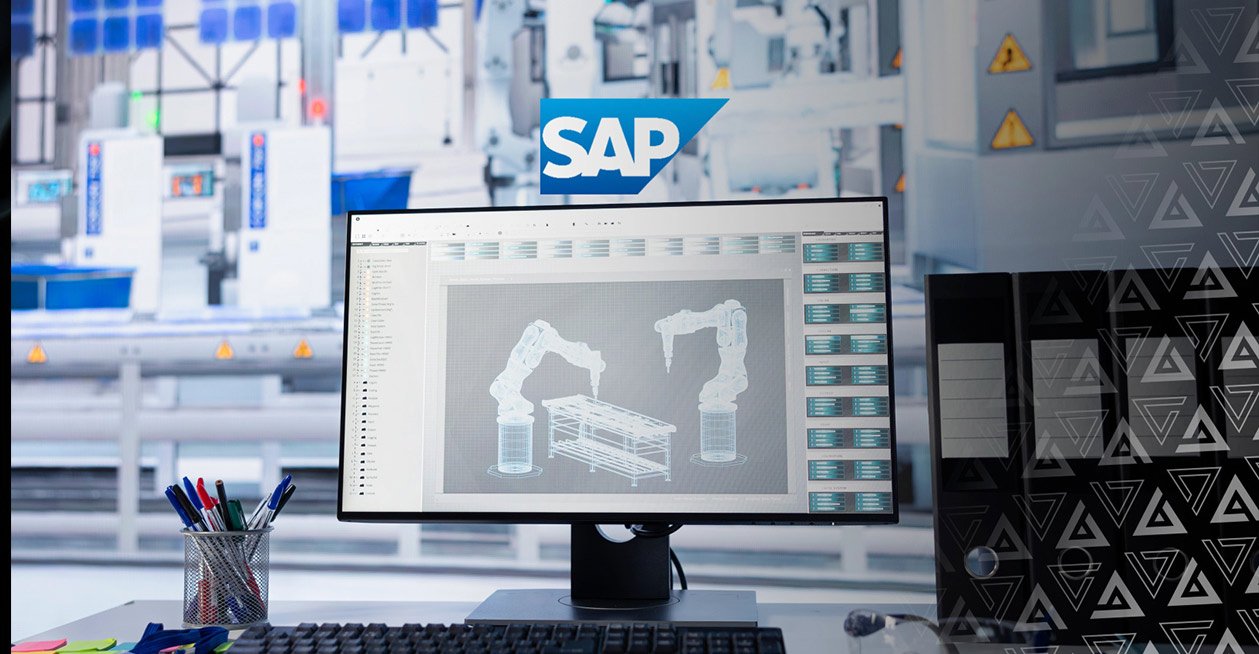How SAP is Revolutionizing Manufacturing in Indonesia

Resources / Business Enhancement
Manufacturing is the backbone of Indonesia's economy, contributing significantly to GDP and employment. But with global competition rising, manufacturers need smarter ways to streamline operations, cut costs, and boost efficiency. That’s where SAP (Systems, Applications, and Products) comes in—a powerful ERP (Enterprise Resource Planning) system that’s transforming how Indonesian factories operate.
But how exactly does SAP help? Who uses it in the manufacturing process? And why is it becoming indispensable for companies in Indonesia? Let’s break it down.
Why SAP is a Game-Changer for Indonesian Manufacturers
Indonesia’s manufacturing sector is diverse—spanning textiles, automotive, food & beverage, electronics, and more. Each industry has unique challenges:
- Supply chain disruptions (delays in raw material imports)
- Inefficient inventory management (overstocking or stockouts)
- High operational costs (labor, energy, logistics)
- Compliance & reporting complexities (tax regulations, sustainability mandates)
SAP tackles these issues by integrating finance, procurement, production, sales, and logistics into a single system. Unlike MES (Manufacturing Execution Systems), which focus only on shop-floor operations, SAP provides end-to-end visibility across the entire business.
Key Benefits of SAP for Indonesian Manufacturers
- Real-time production tracking – Monitor shop-floor activities, machine performance, and workforce efficiency.
- Optimized inventory – Reduce waste by automating stock replenishment based on demand.
- Better compliance – Generate tax reports, audit trails, and sustainability metrics effortlessly.
- Cost savings – Identify inefficiencies in procurement, energy use, and logistics.
- Scalability – Whether you’re an SME or a large conglomerate, SAP grows with your business.
According to a 2023 report, Indonesian manufacturers using SAP saw a 20–30% improvement in operational efficiency within the first year.
Where SAP Fits in the Manufacturing Process (And Who Uses It)
SAP isn’t just for IT teams—it’s used across departments. Here’s how different roles interact with SAP in a typical Indonesian factory:
| Department | How They Use SAP | Key SAP Modules Used |
|---|---|---|
| Procurement | Orders raw materials, tracks supplier performance, negotiates contracts. | MM (Materials Management) |
| Production | Plans production schedules, monitors machine efficiency, manages work orders. | PP (Production Planning) |
| Quality Control | Ensures products meet standards, tracks defects, manages compliance. | QM (Quality Management) |
| Warehouse | Manages inventory, automates stock replenishment, tracks shipments. | WM (Warehouse Management) |
| Sales & Logistics | Processes customer orders, schedules deliveries, manages invoices. | SD (Sales & Distribution) |
| Finance | Tracks costs, generates financial reports, handles payroll. | FICO (Finance & Controlling) |
SAP vs. Traditional MES: What’s the Difference?
While MES (Manufacturing Execution Systems) focus on real-time shop-floor control, SAP is an ERP system that connects production with finance, HR, and supply chain.
- MES = “How do we make this product efficiently today?”
- SAP = “How do we plan, produce, sell, and account for this product profitably?”
Many Indonesian manufacturers use both—SAP for strategic planning and MES for execution. For example:
- A textile factory uses SAP to forecast demand and MES to optimize loom speeds.
- An automotive plant uses SAP for supplier orders and MES to track assembly line defects.
How Indonesian Companies Are Winning with SAP
Case Study: PT XYZ (Automotive Supplier)
(Name changed for confidentiality)
Challenge:
- Manual inventory tracking led to frequent stockouts.
- Production delays due to poor machine maintenance scheduling.
SAP Solution:
- Implemented SAP PP (Production Planning) to automate work orders.
- Integrated SAP PM (Plant Maintenance) to schedule predictive machine servicing.
Result:
- 30% reduction in downtime
- 15% lower inventory costs
- Faster order fulfillment
Why Local Manufacturers Prefer SAP Over Competing ERPs
While alternatives like Oracle NetSuite or Microsoft Dynamics exist, SAP dominates Indonesia because:
- Localized compliance support (handles Indonesian tax laws like e-Faktur)
- Strong integration with local banks & logistics providers
- Proven success in large Indonesian conglomerates (e.g., Astra, Unilever)
Future of SAP in Indonesia’s Manufacturing Sector
With Industry 4.0 and AI-driven automation gaining traction, SAP is evolving with:
- SAP S/4HANA – Faster, cloud-based ERP with AI-powered analytics.
- Mobile SAP apps – Managers can approve purchases or check production stats on the go.
- Sustainability modules – Track carbon footprints and energy usage.
According to SAP’s 2024 Manufacturing Trends Report, 60% of Indonesian manufacturers plan to adopt AI-driven ERP solutions in the next 3 years.
Final Thoughts: Is SAP Right for Your Manufacturing Business?
If you’re an Indonesian manufacturer struggling with:
- Disconnected departments
- Rising operational costs
- Manual, error-prone processes
Then SAP could be your competitive edge. It’s not just software—it’s a strategic tool that aligns production with business goals.
Want to explore SAP for your factory?



